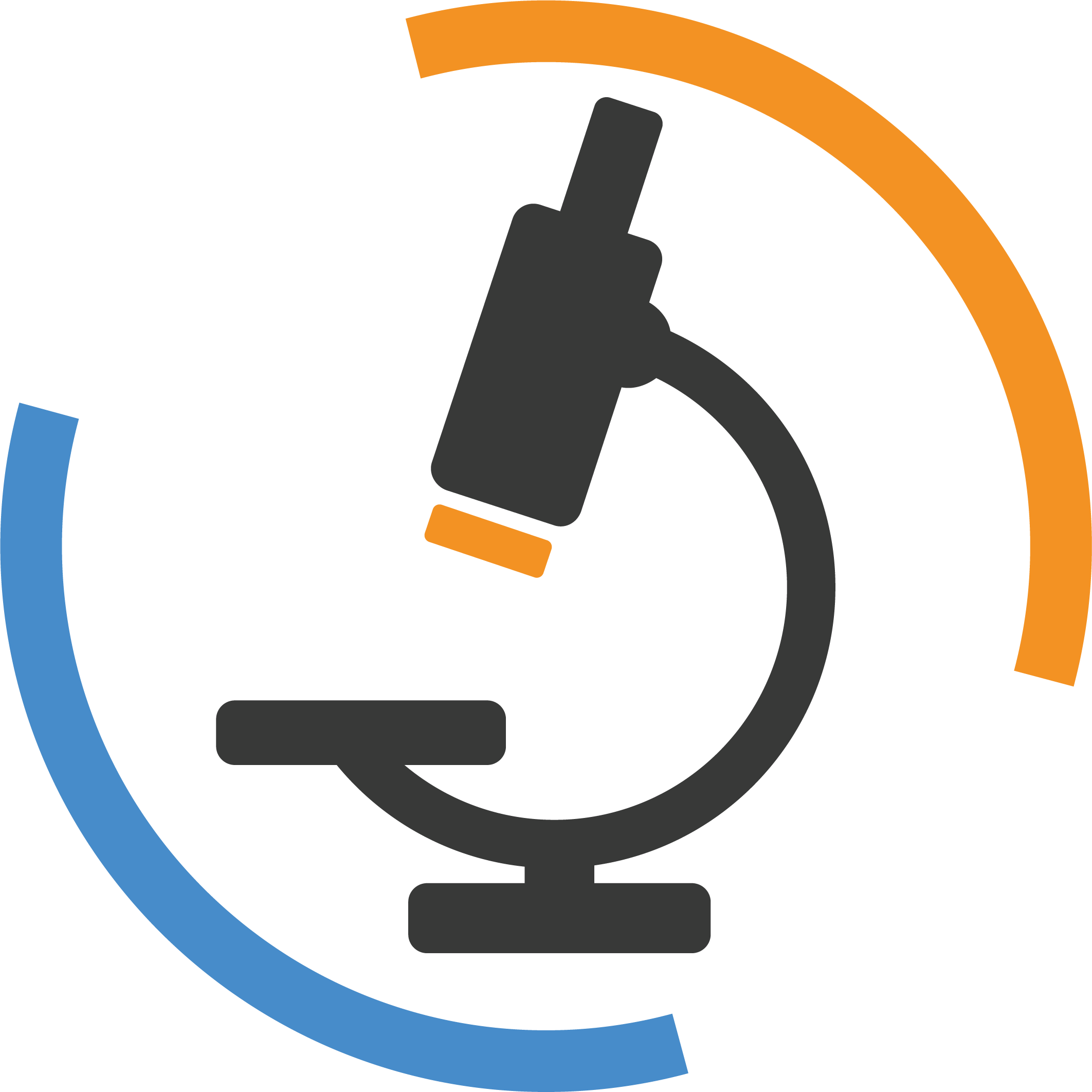
Special Chemistry
The special chemistry laboratory performs a variety of laboratory testing from endocrine, infectious disease, and autoimmune disorders to Therapeutic Drug Monitoring and Drugs of Abuse Screening and Confirmation. The Special Chemistry laboratory performs testing for a variety of endocrine disorders by testing analytes such as Testosterone, Cortisol, Insulin, c-peptide, thyroglobulin, Parathyroid Hormone, and Hemoglobin A1c. The laboratory performs testing necessary for the diagnosis and monitoring of a number of inherited genetic disorders such as Cystic Fibrosis, Hemoglobinopathies/Thalassemias, Phenoketonuria, and Methylmalonic acidemia. The laboratory also performs testing necessary for the diagnosis and monitoring of multiple myeloma.
In the Infectious Disease/Virology Section of the Special Chemistry Laboratory, most high-volume serology testing is performed. This includes serologies to detect infections such as HIV, HCV, and HBV, or serologies meant to detect serostatus like CMV and rubella testing. This facility also provides an Interferon gamma release assay for the detection of latent tuberculosis.
The Toxicology/TDM Section of the Special Chemistry laboratory performs therapeutic drug monitoring (TDM), pain management compliance monitoring, illicit drug screening, and confirmation testing as well as identification of volatiles and other toxins in a variety of matrices.



